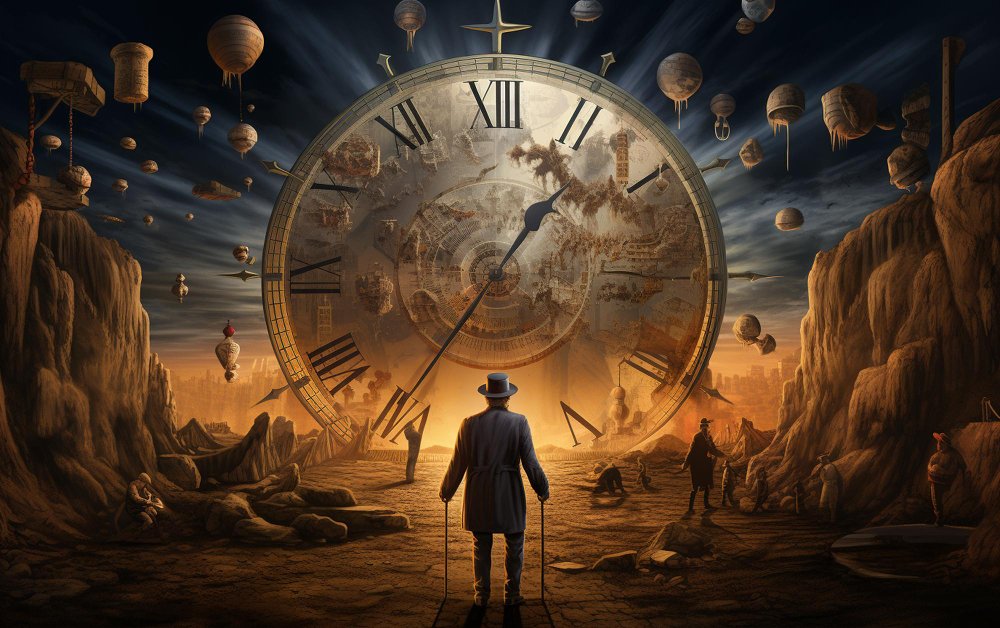In this article, I hope to correct the way progressives think about modern Israel. I think much of our secular sympathy for Jewish people comes from the fact that the Nazi regime hated them and persecuted them. In retrospect, we had that in common with the Jews: the Nazis hated the West as well. But Israel has more in common with war-time Germany than it does with the West. Modern Israel is anti-West. In short, progressives seem stuck on the political contradictions of Israel. Christians give the Jews an additional benefit of the doubt because Christianity and Judaism are kin, religiously speaking.
The West is Israel’s Biggest Victim
Sometimes this preference for modern Israel takes the form of a belief. We believe that the Israeli government’s atrocities are aberrations from Israel’s ideal nature. I will argue on the contrary that Israel’s behavior is the result of her true nature. To put it plainly, modern Israel does not now and never has possessed an ideal nature separate from its atrocities. Worse, Western countries are not simple bystanders to Israel’s actions. The West may be powerful enablers of Israel’s drama, but The West is also Israel’s biggest victim.

Where Does the Far Right End and Israel Begin?
Where doest the Far Right End and Israel Begin? To the United States, the German far right’s critique of the West, seems completely unique to World War II. But Israel hijacked our thinking. According to Rabbi Simon Jacobson of Chabad, Israel opposes the West as much as Germany ever did. For that matter, Israel opposes the entire world. Why? Modern Israel has a race theory that rivals that of the Nazis. Richard Rothschild calls Chabad’s race theory Modern, ‘Moral,’ Reactionary Jewish Racism. This racism does not admit political causes of the strife in Palestine.
Similar to the Netanyahu government’s dependence on the Old Testament story of Amalek, Rabbi Jacobson argues that the conflict in the Middle East started not with rivalry over the land, but with Jacob and Esau. Israel and Palestine are at war because they are descended from two archetypes. It’s a clash of civilizations.
A Clash of Archetypes/Civilizations
Rebecca, the mother of Jacob and Esau, was told she had two nations within her. Jacob was the father of the jewish people and Esau represented Western Roman Christianity. They remain at odds. Their immediate ancestors, Ishmael and Isaac, were not at peace either. Therefore, it’s not a surprise at all in Jacobson’s telling that their children and grandchildren are still enemies.
Strangely, after explaining how the line of Jacob is superior to the line of Esau, Jacobson then claims to promote peace. For example, he says Christianity’s war against Judaism proves that peace is possible, because Christianity was ‘tamed’. Translation: peace means the acknowledgement of Jewish supremacy.
Self-Serving Interpretations of Scripture
Based on a mix of sources, including the Zohar, Jacobson says ‘one regrets Hagar had Ishmael‘ (Ishmael was Abraham’s son through Hagar, Sarah’s handmaid). He points out that Ishmael was not circumcised until 13 years of age. As a result, God gave Ishmael’s posterity a portion for a period of time in Israel, and decreed that the children of Ishmael will rule the land for that time. But like their circumcision, which was not complete, it will be temporary. And it will be over a period of time when the land will be desolate. Then these people will prevent the children of Israel from returning to their place until the time has come to return the land to the Jewish people.
As a citation for this astonishing conclusion, Jacobson gives the page number: 32-A in the Zohar. I didn’t find his citations helpful, but I include them on the chance that someone else can use them. Then he continues: The children of Ishmael, the Arab nations and the Muslim nations, will cause great wars in the world, and the Children of Esau will gather against them. It’s a war between the West the the Muslim Arab world.
The Defeat of the Christian West
The war will go back and forth where the children of Esau, the Christians, and Romans and so on, will rule over the Ishmaelites. But the Children of Esau will not inhabit the land. The Holy Land will not be given over to them. At that time a nation from the ends of the earth will be aroused against evil Rome, and wage war against it for three months. Nations will gather there and Rome, referring to the Western World, will fall into their hands until all the children of Esau will gather against the nation, against that nation, from all the corners of the world. Then God will be roused against them. (And this is the meaning of the verse, for God is a sacrifice in Butra?). (That’s in Isaiah 3:46?) and afterwards it is written that it may take hold of the ends of the earth in (Job 38:31?) and he will defeat the descendants of Esau from the land and break all the powers of the nations, the nations’ guardian angels.
There will not remain any power of any people on earth except the power of Israel on earth (and this is the meaning God is your shade upon your right hand in the book of Psalms 12:15?), and then he concludes with verses talking about how ultimately we will come to the end of days, where on that day, God shall be one and his name one, and all the people of the nations of the world will recognize the name, and the truth of this one God each in their own way, (and that’s from the Book of Safia 3:9?) and then Blessed is God forever, amen and amen, and that’s how the Zohar ends.
False Humility
From here, he spends some time giving advice on humility and on how God wants harmony. But before peace can happen, there will be the period of these confrontations. What does that mean and translate in our lives he asks? That we all have within ourselves conflicts between our faith and the values that we believe in, and sometimes how do you implement that for example that has not compromised some of your ideals, due to so-called the realities on the ground. The challenge is how do you integrate the two.
Indeed!
Rothschild criticizes this belief system in more detail. For example, it is extremely disturbing that Chabad teaches similar divisions between peoples as the European far right. In this view, peoples of different nationalities belong to different species, with nothing in common. There is no universal man.
Modern Israel considers the West her enemy. And after squandering the West’s support, the Israeli’s believe that they will rule over the West with the approval of a Jewish God. Modern Israel is anti-West.
